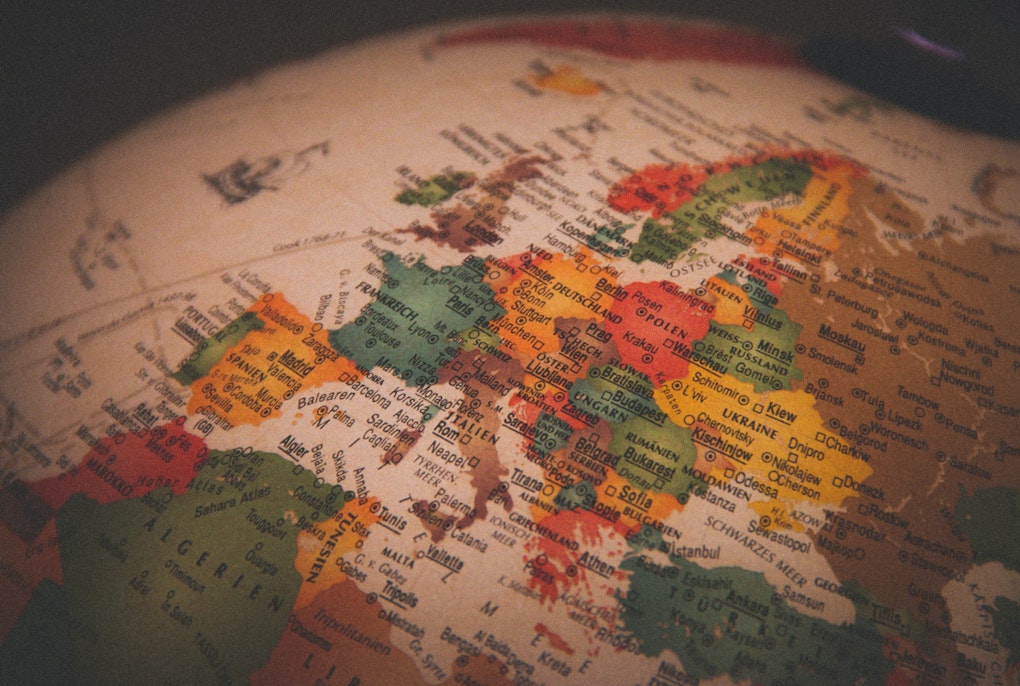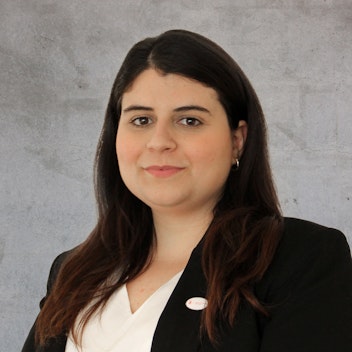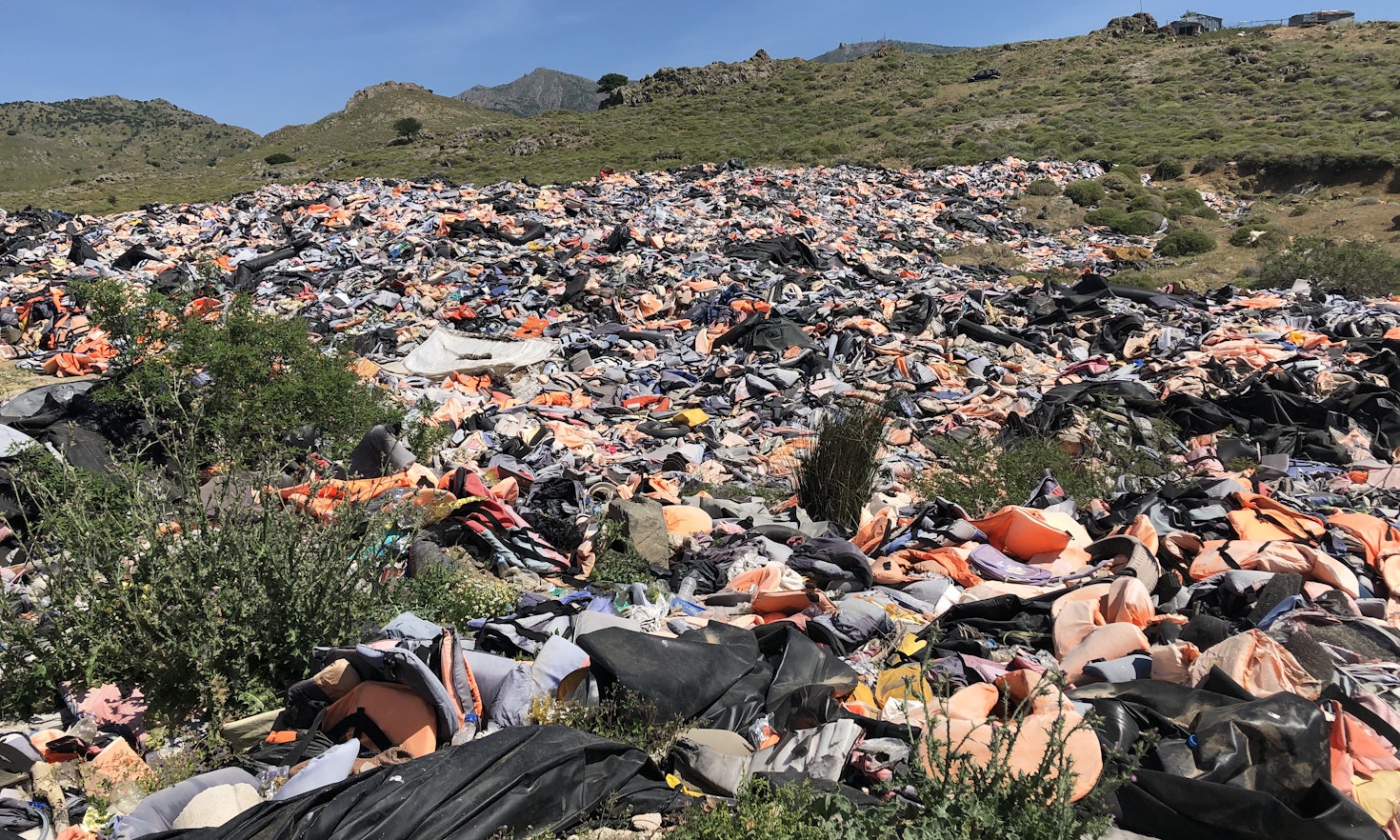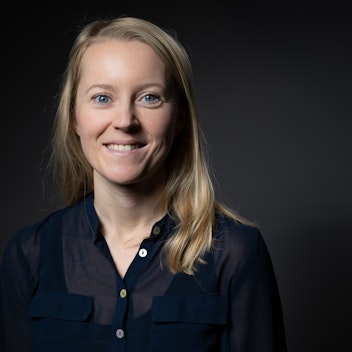
Re-thinking Political Secularism: The Multiculturalist Challenge
 Katherine Arena
Katherine Arena
Civil society actors have long criticized the EU for the lack of search and rescue (SAR) operations in the Mediterranean Sea. The International Organization for Migration (IOM) estimates that between 2014-2024, a minimum of 28,000 refugees and migrants have lost their lives or gone missing in the Mediterranean, with the Central Mediterranean being the deadliest migration route in the world. The European Border and Coast Guard agency (Frontex), however, believes that SAR constitutes a so-called ‘pull-factor’ which entices more people to attempt the dangerous crossing and die at sea, portraying non-rescue as in their best interest.
On October 3, 2013, a boat with over 500 refugees and migrants shipwrecked off the coast of the Italian island Lampedusa. More than 360 were confirmed dead, with the rest reported as missing. This became known as the Lampedusa tragedy and sparked promises of ‘never again’ among European policymakers, with Italy launching a naval operation to save lives in the Mediterranean. Only months away from the ten-year commemoration of the shipwreck, a boat with 750 people onboard went down in the Greek search and rescue (SAR) region. Only 100 were rescued, by a private yacht, in what has been called the deadliest shipwreck in recent history. The Greek coast guard was accused of capsizing the overcrowded boat by attempting to tow it, while Frontex was criticized for not doing enough to prevent the loss of lives after spotting the boat hours in advance.
The incident sparked renewed criticism of Frontex’s inaction, with the agency’s own Fundamental Rights Officer (FRO) recommending it to withdraw from Greece and the European Ombudsman launching an investigation into Frontex’s role and responsibility for SAR vis-à-vis the Greek authorities. However, Frontex’s own risk analysis reports, which are the agency’s flagship publications that inform EU policymakers and national border guard authorities about the situation at the external border, paint a different picture of the solution to deaths at sea.
Frontex’s portrayal of non-rescue as humanitarian is enabled by the reports’ depiction of SAR as a double-edged sword: saving lives at sea but at the same time incentivizing more people to embark on dangerous journeys. This framing allows Frontex to advocate for less SAR since it fuels smugglers’ business model and contributes to more deaths at sea rather than less. According to this logic SAR not only has unintended consequences, it is counterproductive.
Frontex’s framing of SAR as a pull-factor is most pronounced in the risk analysis reports following the 2015 ‘migration crisis’, when roughly one million refugees and migrants crossed the Mediterranean Sea to Europe. The 2016 report describes smugglers’ use of “frail, overcrowded boats, with limited fuel supply to maximize their profits, putting migrants’ lives at considerable risk”; while pointing out that rather than saving lives, SAR operations “contributed to the enrichment of smugglers who could cut on travel costs and advertised to susceptible migrants that rescue operations make the journey safer, thus increasing the demand for crossings” (emphases added). Frontex here discursively inverts SAR, with it becoming life-threatening rather than life-saving: saving lives in the present while potentially risking more in the future. This rationalizes non-rescue, since that would save more lives in the long-term by deterring people from attempting risky sea crossings.
The portrayal of SAR as a double-edged sword continues in the 2017 report, which notes that numbers of deaths increased in the Mediterranean in 2016 “despite enhanced operational efforts and the fact that most rescue operations took place close to… Libyan territorial waters” (emphasis added). Traditional border patrol is framed as more effective, with the report pointing out that on the Atlantic route “the low number of departures resulted in relatively few casualties” (emphases added) due to cooperation with West African states. Instead of increased SAR capacities, outsourcing border controls is hence suggested as “one of the best ways to prevent a future migratory crisis in the Central Mediterranean” (emphases added). This parallels Australia’s long-standing “stop the boats” policy (and more recently Britain’s), with the rationale being that preventing people from getting on the boats saves lives, disregarding the reasons why people resort to these in the first place.
Frontex is critical of SAR NGOs as well, with the 2017 report underlining that “a significant number of boats were intercepted or rescued [by them]… without any prior distress call and without official information as to the rescue location” (emphases added), inferring that these were unnecessary rescues which took place outside of member states’ SAR zones. The report also implies that the NGOs acted as a pull-factor, stressing that while their assets nearly doubled compared to 2015, “in parallel, the overall number of incidents increased dramatically” (emphasis added). It further contends that smugglers turn “humanitarian assistance efforts… into a distinct tactical advantage”, which means that “all parties involved in SAR operations in the Central Mediterranean unintentionally help criminals achieve their objectives” (emphases added). By arguing that “dangerous crossings on unseaworthy and overloaded vessels were organized with the main purpose of being detected by EUNAVFOR Med/Frontex and NGO vessels” (emphases added), Frontex is able to justify less SAR as the most humanitarian response to deaths at the borders.
The pull-factor hypothesis underpinning the logic of non-rescue is contradicted by Frontex’s own debriefing interviews with refugees and migrants, however, which show that only a minority considered the presence of a Frontex operation to impact their route choice, rather being influenced by the availability of smugglers and the price. The evidence base for the link between SAR and increased irregularized migration is therefore weak and is not backed by research. Instead, the logic of non-rescue as being for refugees and migrants’ own good serves as a thinly veiled excuse to not save more lives at sea.

This content is licensed under a Creative Commons Attribution 4.0 International license except for third-party materials or where otherwise noted.